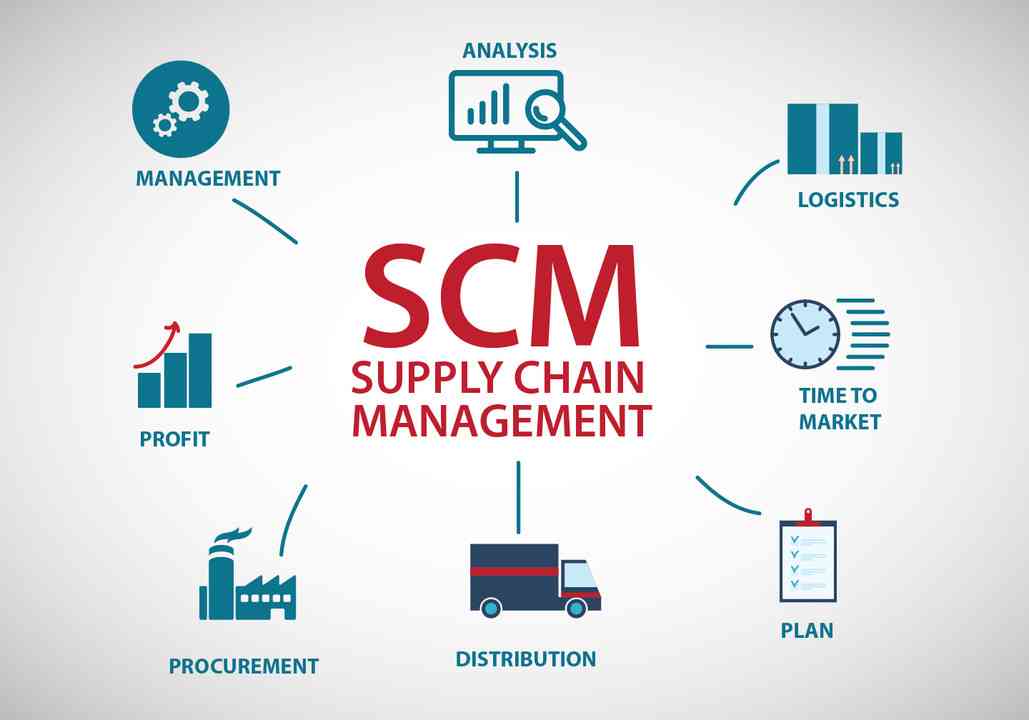
SUPPY chain professionals, the world over, are realising the importance and business significance of emotional intelligence as they go through their paces at work.
Business leaders across the industry divide are slowly acknowledging that emotional intelligence has got a special place in the business environment. For all intents and purposes, it is slowly being regarded as a vital fixture in business configurations, especially where there is need to develop a model of collaborative thinking.
Emotional intelligence has, therefore, become a front and centre concept for success in supply chain management.
The only tragic thing about emotional intelligence is that this valuable skillset is never taught at school and or college, neither is it a regular feature on the front pages of newspapers.
As we move into the next decade, emotional intelligence will remain a subject of fervent debates in the supply chain arena, with the future age of work heavily relying on emotionally intelligent workers.
Although supply chain professionals will be tempted to regard this as just one of the many recent fads, it would appear the prevailing thinking is that there is a high correlation between high emotional intelligence and success at work.
According to this new thinking, instead of being held hostage by our emotions, we must use them to push the needle forward, spurring us to achieve better results.
In the supply chain field, it may be even more important to possess emotional literacy, which enables the understanding and appreciation of other people’s emotions with a view to developing closer working relationships.
- Harvest hay to prevent veldfires: Ema
- Letter from America: Is former president Donald Trump a hero or villain?
- Public relations: How artificial intelligence is changing the face of PR
- Zanu PF shutting down political space
Keep Reading
Emotionally intelligent people recognise that when conducting business negotiations with other supply chain partners, there is need to be considerate, thoughtful and respectful.
Savvy procurement personnel, who are endowed with emotional intelligence take time to focus their attention on the resolution of business challenges while at the same time trying to remove emotions out of the discussions.
In some cases, it is common knowledge that as negotiations for favourable terms and conditions hot up with suppliers, there is often a tendency for supply chain professionals to overly focus on personal agendas without due regard to facts.
It is, therefore, advisable that as negotiations progress negatively or positively, it is always important to acknowledge the nuances of human emotion if progress is to be made.
Given the nature of the procurement function, there is a lot of haggling over several issues between the procurement department, user departments, contractors, suppliers and service providers.
Whenever there are some disagreements or arguments over anything and everything, instead of bottling up emotions, procurement professionals are required to always find appropriate means of expressing their emotions rather than reacting in an emotional manner.
Emotions are capable of ripping and tearing apart the fabric of negotiations if they are not put on mute as and when they begin to show their ugly face.
Supply chain professionals are required to conduct high-stake business negotiations with suppliers on a regular basis. However, the negotiation for favourable terms and conditions may not necessarily resonate with guarded preferred positions of suppliers.
Supply chain professionals and marketing personnel often negotiate from two separate extreme positions. It is, therefore, advisable to refrain from adopting strong, emotional and militant positions.
Procurement personnel are expected to situate their thought processes in the personal circumstances of those suppliers they negotiate with.
As business negotiation processes are conducted, the reality is that at some point some business partners can be disrespectful. In such situations, those on the negotiation table will typically default to defensive postures.
Without emotional intelligence, negotiations for favourable terms and conditions can easily go off the rails. In business, as in life, our emotions have got the potential to cloud our judgements.
Such unregulated moments in business negotiations can easily undo the rapport that will have been created over many years of doing business and getting it back could never come easy.
Self-regulation is, therefore, important. Very important actually.
Supply chain professionals must be good in the primal task of driving positive emotions in the right direction when conducting negotiations for favourable terms and conditions. It is said that in business negotiations, positivity begets positivity.
Procurement is a prisoner of its heritage. Procurement is hard wired to be risk averse. Procurement personnel are often accused of slowing down processes, being bureaucratic and inefficient.
They are regarded as a restrictive functional area that is bent on pushing back value adding initiatives given that many of the procurement process flows are highly prescriptive.
When such accusations and backbiting become a common occurrence, procurement professionals are required to use their emotional intelligence to remain calm and collected even when under siege.
The nature of the job entails accommodating other people’s viewpoints with a clear understanding of subtleties of emotional situations.
Failure to self-regulate will often lead to unnecessary outbursts, which can often lead to resentment and passive hostility that is not good for teamwork.
Collaboration is the hallmark of a functional supply chain. It entails developing mutually beneficial relationships with key stakeholders, such as suppliers and customers.
There is need to possess a good head for creating mutual wins.
There is need to work in concert with other important stakeholders to reach a perfect strategic synchrony.
The whole essence of collaboration entails having the emotional intelligence to know that the more we make collective decisions and work together, the better for everyone. Supply chain partners are required to work together, looking towards the same finishing line.
That explains why industry experts often argue that “nothing great was ever achieved without the power of emotional intelligence”.
There is a serious correlation between collaboration and emotional intelligence. People with emotional intelligence collaborate easily because they recognise that the strength of individual differences is critical to making a whole.
A couple of years back, many supply chain professionals were promoted based on technical expertise. Business leaders would bend backwards to elevate those with specialised technical knowledge.
However, it is increasingly becoming clear that those technical skills that are needed to climb to the top of the ladder are often at odds with those skills that are required to excel in leadership.
Individuals with a seemingly endless supply of technical know-how and years of experience could struggle in leadership positions because they may lack emotional intelligence.
Although it must be acknowledged that technical skills still have a huge role to play in modern commerce, as we move up the ladder, it appears the technical ingenuity is beginning to take a back seat to interpersonal skills and emotional intelligence.
As fate would have it, the pace of technology is moving at a frightening speed. What it, therefore, means is that technical skills can lose relevance in a very short space of time.
As we trudge into the future, it is slowly becoming very clear that the technical skillsets that used to spell success are slowly falling short.
- Nyika is a supply chain practitioner based in Harare. — [email protected].











